latest

Google is finally fixing those 'out of sync' prompts in Photos on Android 12
Scoped Storage gets some much needed fine-tuning
In the past, Google Photos felt like magic on Android. Your photos were kept in sync automatically without any manual interference. But that changed with Android 11 and the introduction of Scoped Storage, which aims to keep your files safer by siloing off what apps have access to and asking you to confirm when an app wants to make changes to certain files. The latter is a problem for apps like Photos, which now need to ask you for permission before just deleting or updating an image — hence, the introduction of the "Review out-of-sync changes" prompts. Google seems to recognize this problem and aims to fix it.
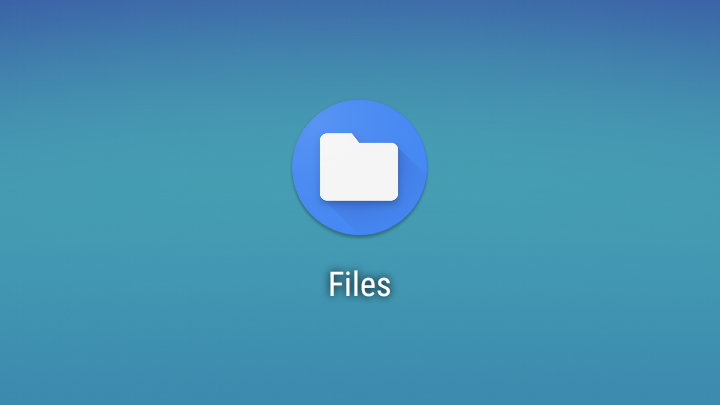
The Play Store's great scoped storage purge inches closer, putting file managers at risk
Google has opened applications for full storage access on Android 11+, and permission isn't guaranteed
Google drastically reduced which directories apps can access on your phone on Android 11 as part of its new Scoped Storage, which is a change for the better regarding privacy. However, the new system is problematic for some advanced applications like file managers. When they target the latest version of Android, they can't access all of your phone's internal storage, making them useless for the purpose they were built for. To prevent tons of broken apps, Google has begun emailing developers with apps that require access to device storage, telling them that they'll soon be able to request access to all files via a new permission.
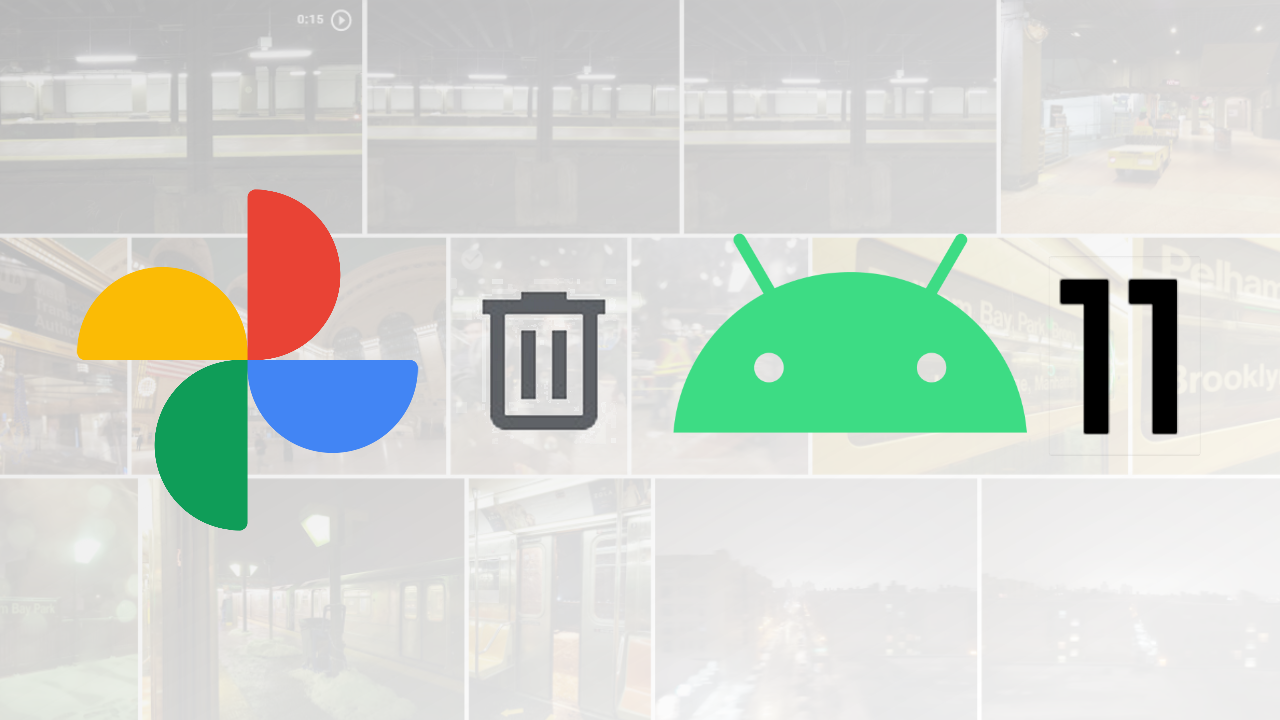
How to get rid of Google Photos' out-of-sync changes prompt on Android 11
The fix requires an ADB shell command and only works on some phones
Android 11 introduced a new file accessing API, Scoped Storage. It essentially doesn't allow apps to access all files on your phone anymore, which is great for security. However, Scoped Storage also comes with some unwanted consequences. Non-Pixel phones running Android 11 have to ask users to confirm that they want to delete or restore images in Google Photos since the app isn't allowed to delete and restore files without explicit user consent anymore. Luckily, there's a fix for some phones.
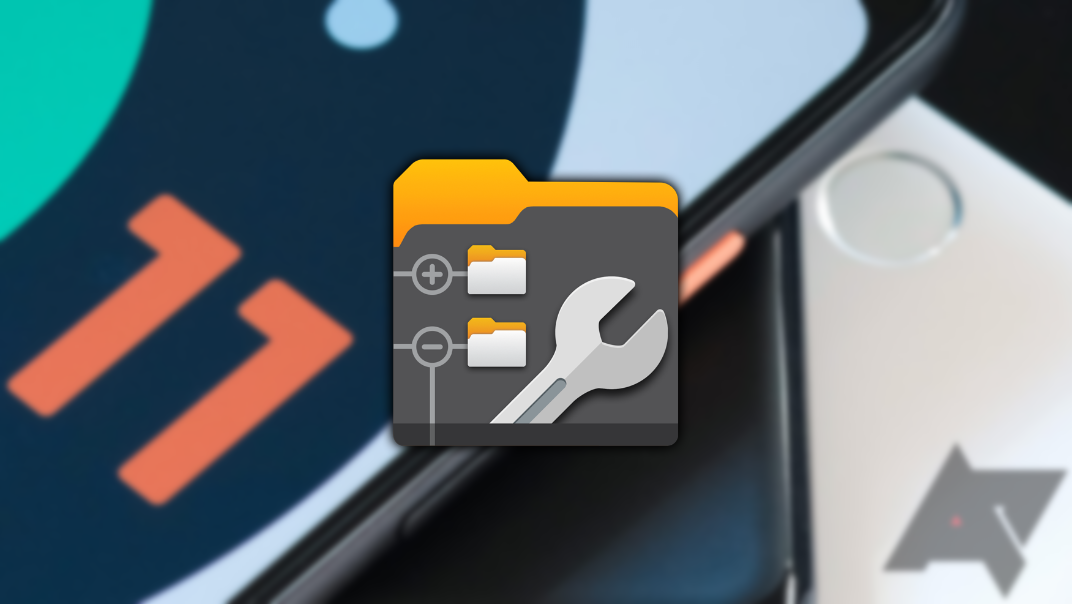
X-plore bypasses Scoped Storage's drastic limitations on Android 11
But Google isn't granting official exemptions just yet
Google introduced a controversial change in the name of security with Android 11 — Scoped Storage. The new API is supposed to hinder apps from reading each other's data, stopping bad actors from snooping through your phone. But that restriction also extends to file explorers, where it makes much less sense. Google promised it would work on exemptions for these apps, but due to the COVID-19 pandemic, the corresponding policy was postponed to 2021. While we're still waiting for Google to get started with the process, some apps circumvent the limitations by targeting an older version of Android. The latest in line to use this workaround is X-plore.

Scoped storage on Android 11 is ruining the Google Photos experience
If your go-to gallery app is Photos, deleting anything from your Android 11 device will be a bother and there's little you can do about it
Read update
If you plan on buying a phone with Android 11 soon, you'll want to get used to your manufacturer's gallery app. And if you're going to be using Google Photos on something that's not a Pixel, be prepared to confirm every single thing you want to delete on the app. The reason why boils down to a new, well-intentioned policy in the operating system that leaves end users with some annoying consequences.
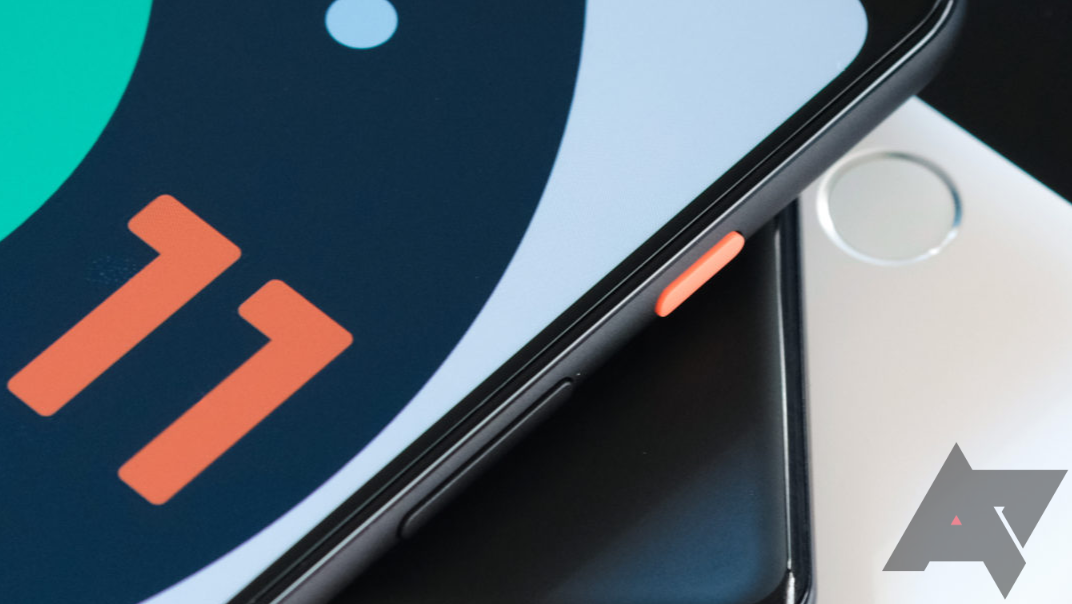
Android 11 requires apps to restart upon getting permission to install APKs, but you likely won't notice
Apps that want to install APKs will be force-quit upon receiving the permission
Read update
New Android releases always bring exciting new features to the table, but every once in a while, a beloved feature gets reworked or removed altogether. That's no different for Android 11, which made it more cumbersome to grant apps the permission to install APKs, requiring a restart of the application in question up until at least Developer Preview 4. While that requirement is still present on more recent builds, the situation is now slightly improved: when apps are programmed correctly, they'll restart the latest activity, making the experience as smooth as possible.

Google added a hidden trash can to Android 11 for deleted files
More functionality for Scoped Storage
Scoped Storage was the most controversial addition to Android 10 when it debuted last year, as it blocked most applications from accessing your phone's entire internal storage to improve privacy and security. Google ended up pushing the deadline for supporting Scoped Storage to the release of Android 11 later this year, but there's additional functionality in the new Android version for apps to try out.

First Android 11 Developer Preview lands today for Google Pixel 2, 3, 3a, and 4
Our first taste of Android's latest release includes new notification tweaks, privacy and security enhancements, and more
Android 11 is now official, and Google is releasing the first Developer Preview for this new version starting today. The software changes this time sound ambitious, with Google essentially taking most of its work on Android 10 and (literally) turning it up to 11, featuring enhancements to privacy and security, improvements to Project Mainline, a new dedicated "conversations" section for notifications, and tweaks to better harness 5G — all among a much longer list of changes just too big to include here. You can check it out for yourself by manually flashing it onto supported Pixel phones (everything but the 2016 OGs).

Android 11 will step up privacy with temporary permissions and Scoped Storage
Google is pressing on with Scoped Storage, despite resistance from developers
Privacy has always been an important consideration for smartphones, but over the past two years or so, it has become a key component of Android updates — Android 9 and 10 both introduced breaking changes designed to better protect users. The first developer preview of Android 11 went live today, and to the surprise of nobody, there's another round of privacy-focused features.
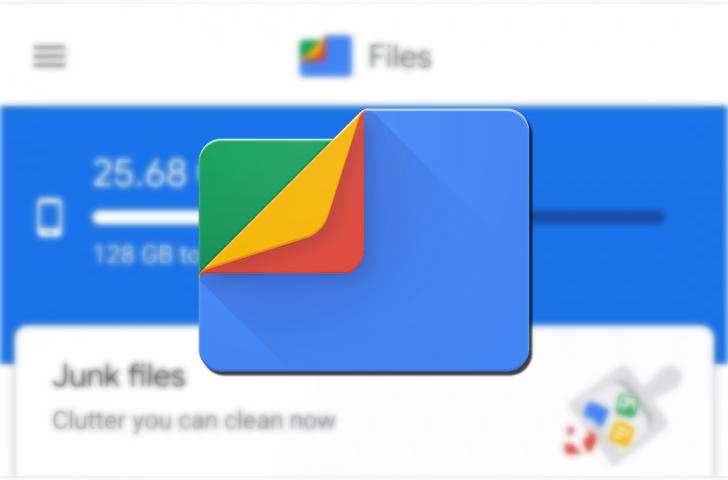
Google wanted to add a new API for file management called Scoped Storage to Android 10 that fundamentally changes apps' access to files. After enough developer backlash, the company decided to introduce a legacy flag for the old file access API and leave Scoped Storage completely optional until the next major OS release, though the fundamental critique remained unaddressed. According to an Android Dev Summit 2019 talk circulating on Reddit, some changes are headed developers' way. Google is considering allowing certain apps like file and backup managers access to a wider range of data while others will be stuck using Scoped Storage.
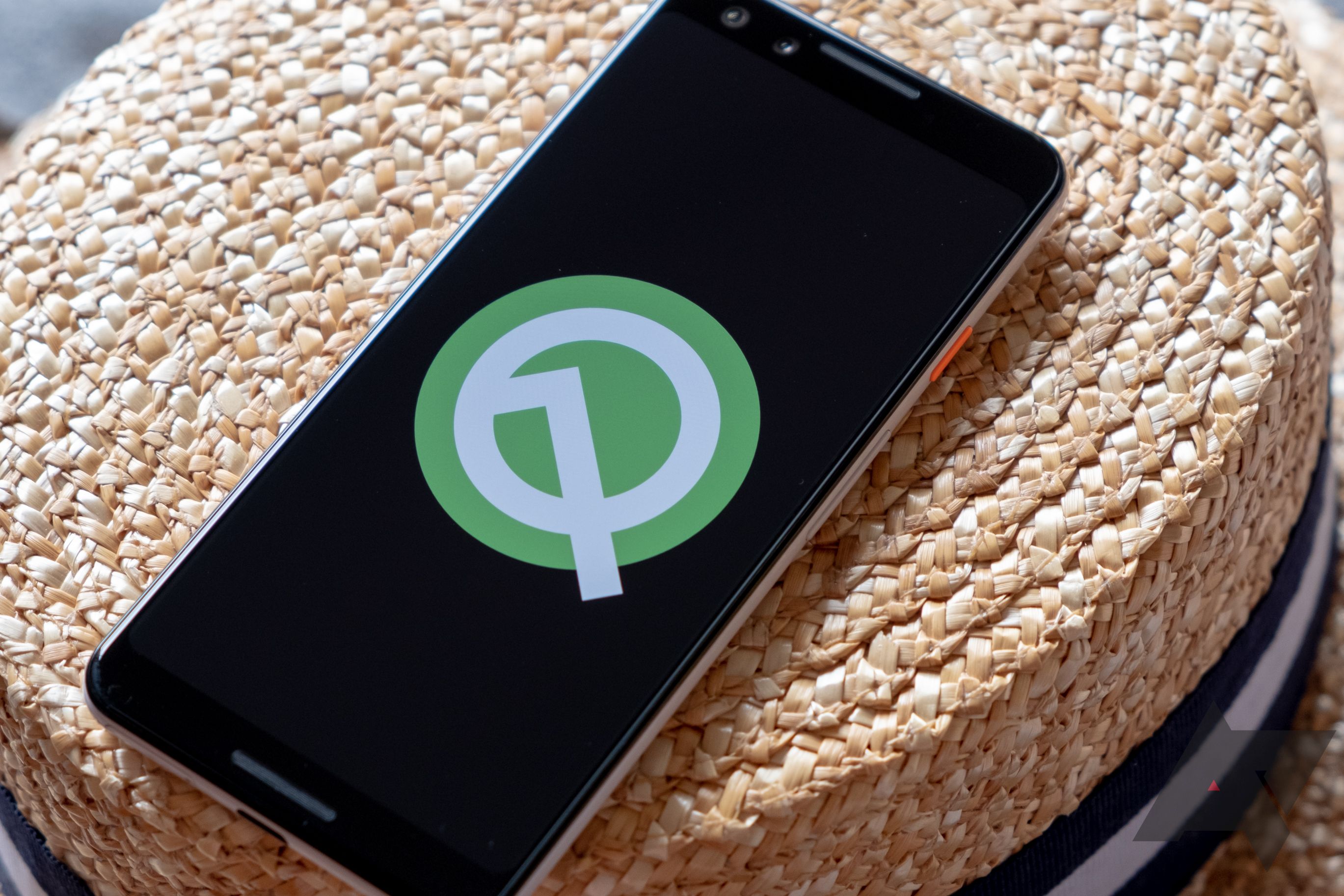
Perhaps the most drastic change announced for Android Q was Scoped Storage, which changes file management on Android by limiting which folders apps can access. After complaints from developers that they wouldn't be able to update their apps in time for Q, Google said it wouldn't make Scoped Storage a requirement until Android R, but well-known file manager Solid Explorer has just added support anyway.
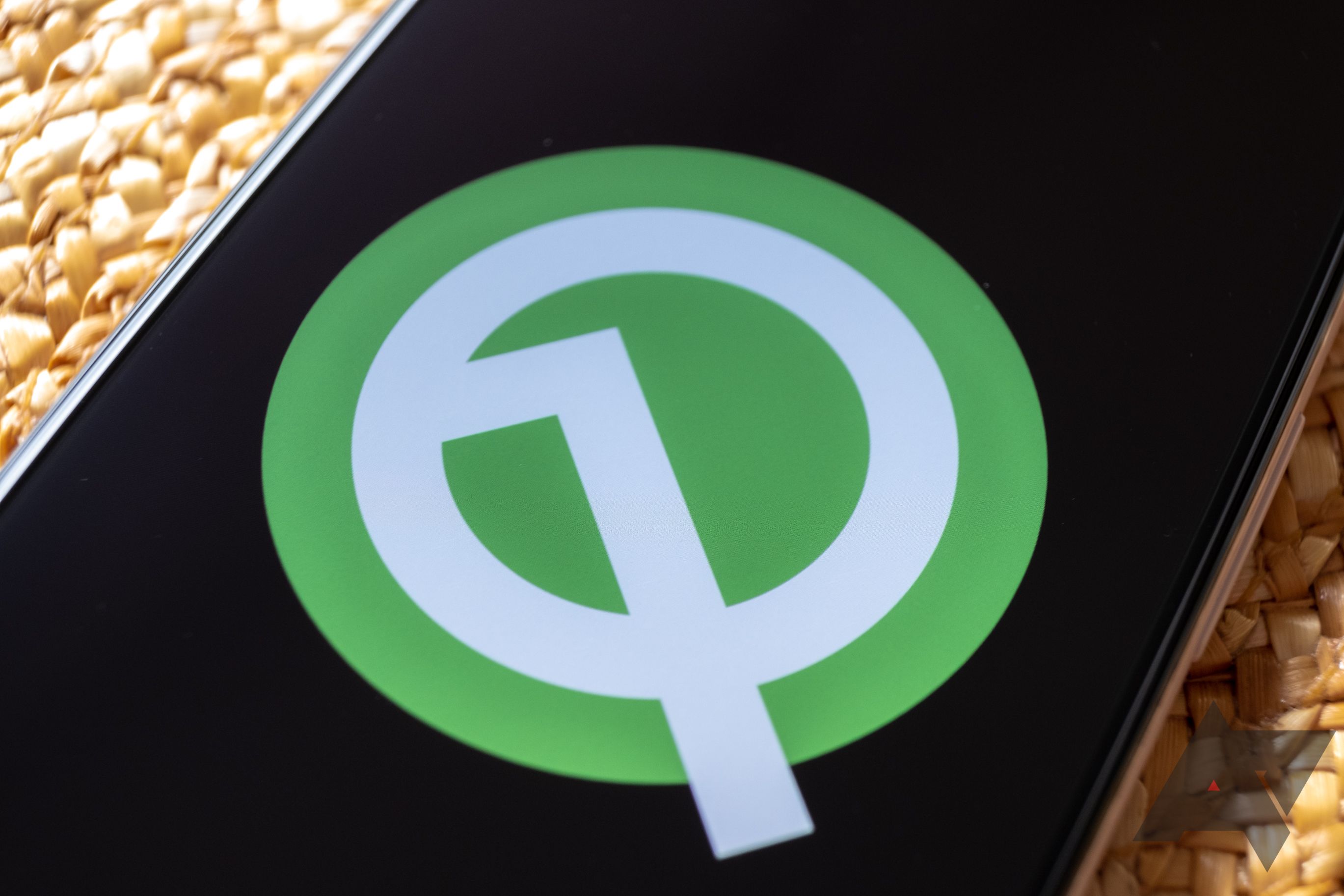
Android Q Beta 3 has hit our devices only a couple of days ago, but so far, it turns out to be the buggiest preview release of the latest OS version yet. We're experiencing mobile-network-breaking eSIM trouble, some Google Pay problems, and some issues related to the new gesture navigation. Now, another bug has surfaced that affects screenshot sharing and saving.
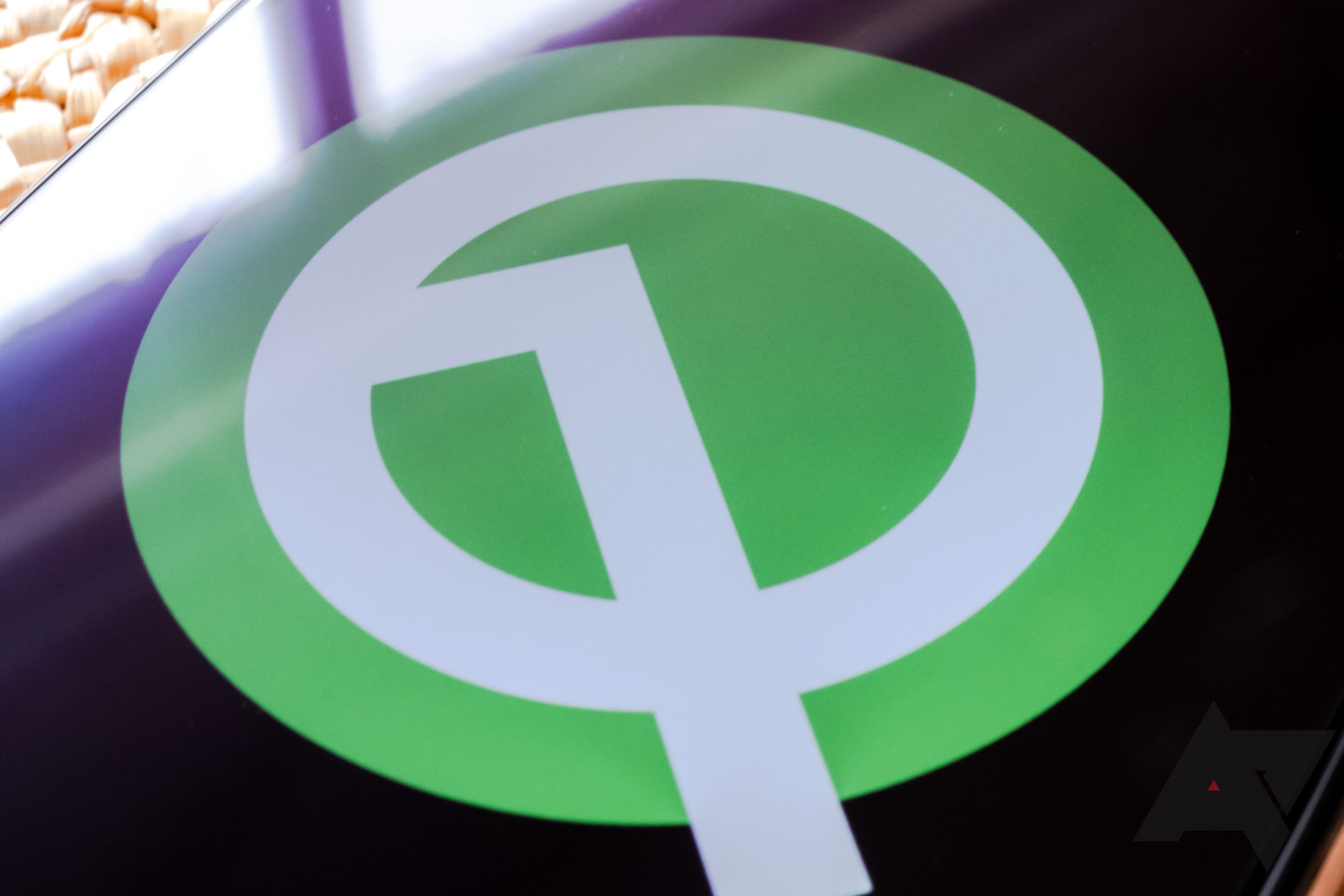
Read update
- We can confirm that the OTA update for those in the Beta Program is now rolling out. If you don't see the update now, you should very soon. Downloads, at the time of writing, are pretty slow, though.
Following our previous expectations and just in time for developers in attendance at the ongoing I/O developer conference, Google has just pushed out downloads for Android Q Beta 3. OTAs don't seem to be pushing out via the traditional means just yet, but you can start sideloading the update on your Pixel now. Beta 3 also adds support for 15 other partner devices from 12 OEMs.

Android Q beta 2 led to a slew of controversy over "Scoped Storage," a new set of rules that changes how apps are allowed to access local storage. Google hopes to improve security through this since the current free-for-all system can enable bad actors to snoop data from around your device. Now, Google has announced that it will stop enforcing Scoped Storage with beta 3 to give developers more time to adapt to the new API.



